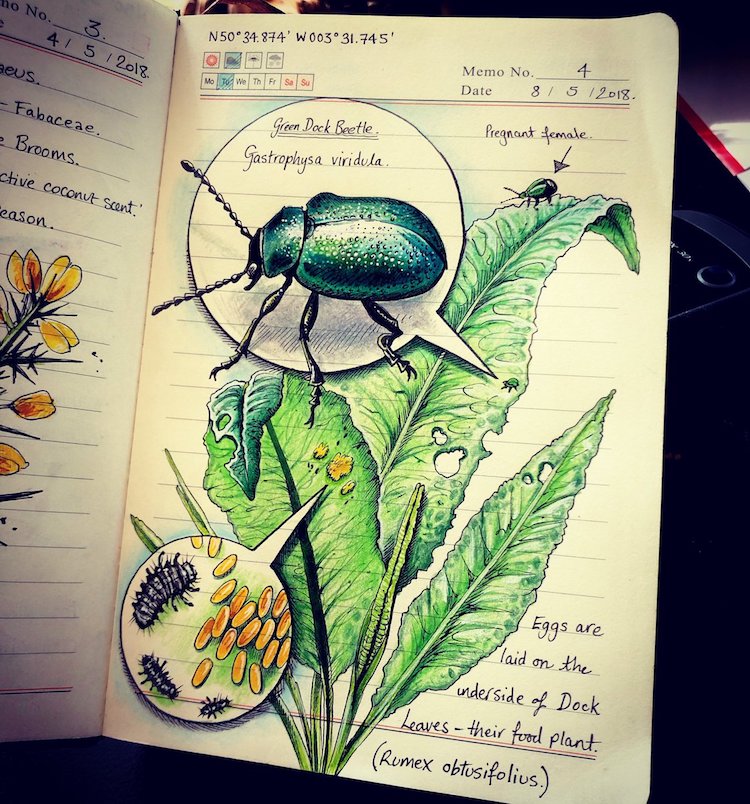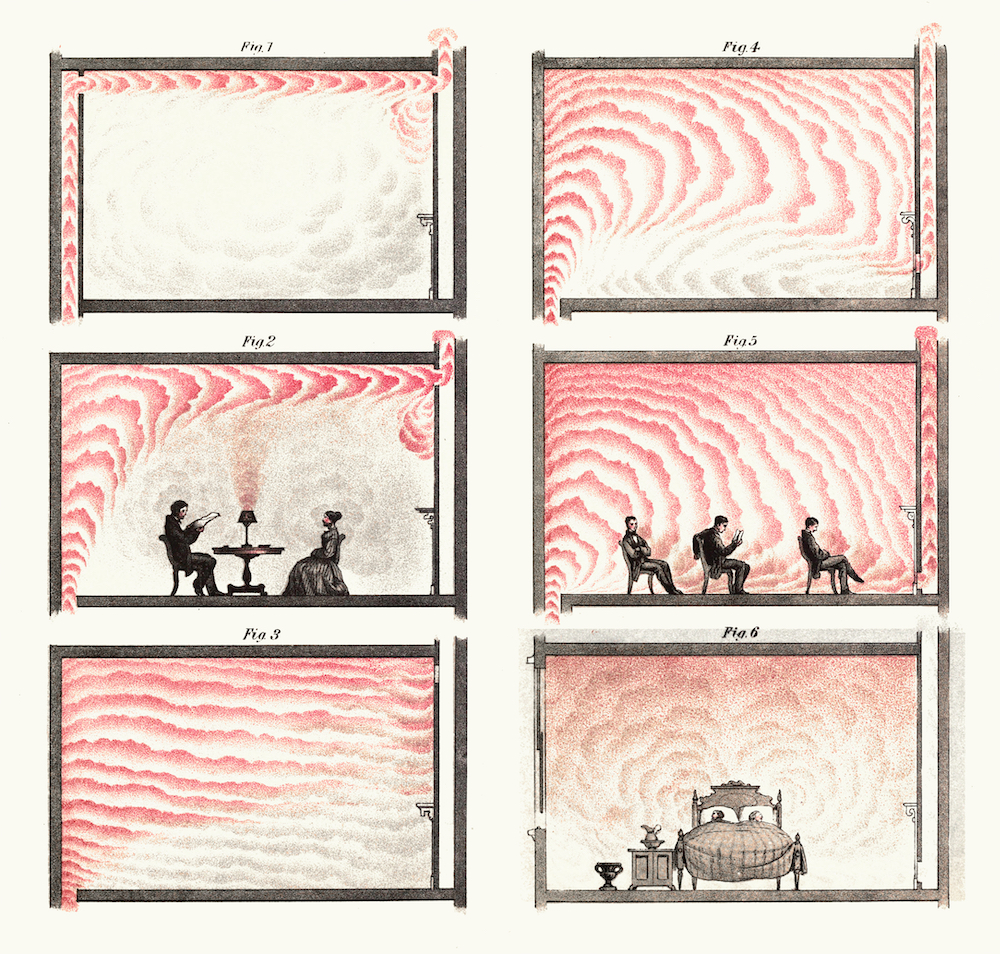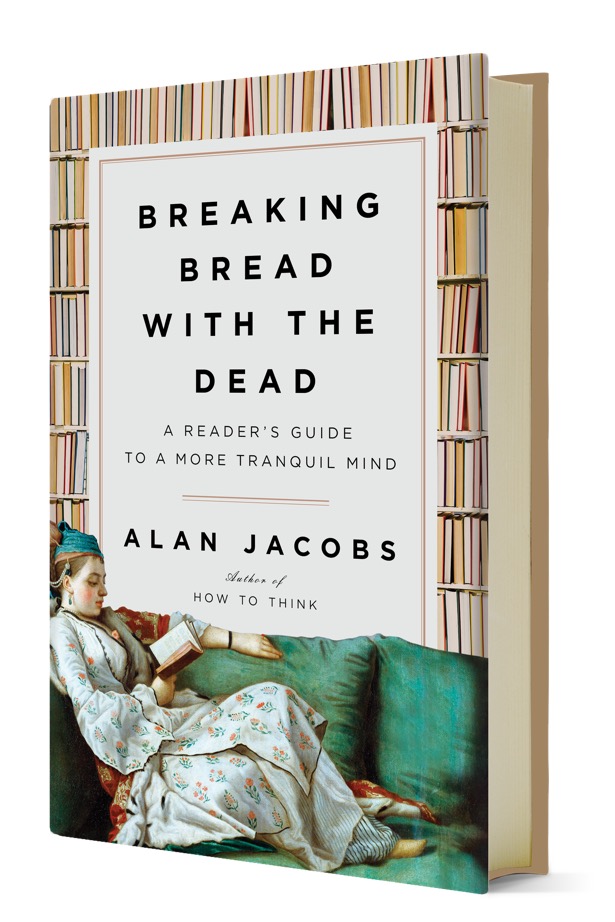Trousers, Tweezers, and Wise Advice

This Friday afternoon I’ll be talking with my friend Yuval Levin of AEI about my new book. You can check out the livestream here.
Comment is joining forces with Plough on a wonderful project called Breaking Ground, and one fruit of that will be plucked this evening, in a conversation called Between Pandemic and Protest: Exploring the Future of Liberal Arts in Higher Education. Please check it out if you can.

If you don’t know Mars Hill Audio, you really should. Ken Myers is the best interviewer in the business, and has been posting thoughtful and wide-ranging Christian commentary for decades now from his studio in the foothills of the Blue Ridge Mountains. Recently in the Mars Hill app we’ve had re-posts of 25-year-old interviews with the theologians Robert Wilken and Robert Jenson that are extraordinarily stimulating and as fresh as they could be.
A favorite Ken Myers story: when he was just getting started in radio, he found himself assigned to conduct an interview — something he had never done before and had no idea how to do. He was terrified, but it turned out okay because the interviewee was kind to a newbie. That interviewee? Johnny Cash.
Vaclav Smil: “Though many of us lived through the flu pandemics of 1957 and 1968, almost nobody can dredge up personal memories of those times. And that’s interesting.”
Solve this puzzle and end the world. (You should all be following The Generalist Academy.)
Ernie at Tedium has information you didn’t know you needed about the varieties of tweezers, tweezer-sharpening services, and the origins of the words “tweezer” and “trouser.” My response:
I am the very model of a modern trouser tweezerer
You might attempt to mend them but I tell you this is easerer
I quite ignore my colleagues when their manner grows more teaserer
I am the very model of a modern trouser tweezerer!

Illustrations from a Lecture on Ventilation by Lewis W. Leeds (1869)
Jay Parini, remembering an encounter with W. H. Auden fifty years ago:
“I’ve learned a little in my life,” he said. “Not much. But I will share with you what I do know. I hope it will help.”
He lit a cigarette, looked at the ceiling, then said, “I know only two things. The first is this: There is no such thing as time.” He explained that time was an illusion: past, present, future. Eternity was “without a beginning or an end,” and we must come to terms with what underlies time, or exists around its edges. He quoted the Gospel of John, where Jesus said: “Before Abraham was, I am.” That disjunctive remark upends our notions of chronology once and for all, he told me.
I listened, a bit puzzled, then asked: “So what’s the second thing?”
“Ah, that,” he said. “The second thing is simply advice. Rest in God, dear boy. Rest in God.”
